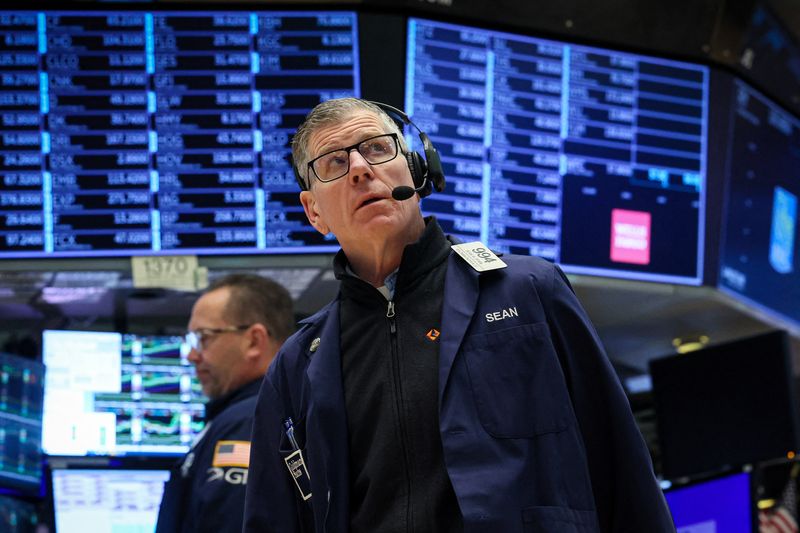TSX runs higher on rate cut expectations
Year-to-date macroeconomic data has shown signs of weakness, leading to softness in lower-quality and economically sensitive market segments, while a narrow selection of high-quality mega-cap stocks has driven performance.
According to Morgan Stanley strategists, this suggests that the market “is becoming more focused on growth softening and less focused on inflation and rates.”
“The underperformance of small caps despite falling rates is a good example of this phenomenon,” strategists wrote.
“This backdrop syncs with our long-standing view that the current policy mix of heavy fiscal and higher front-end rates is effectively crowding out many economic participants,” they added.
Unless there’s a significant shift in the macro picture, Morgan Stanley believes that large-cap quality stocks will continue to lead outperformance. The Wall Street giant sees three potential triggers for such a shift.
Primarily, a reacceleration of inflation and growth could prompt the Fed to reconsider rate hikes, however, Morgan Stanley strategists note this seems unlikely and is minimally priced into markets. If it occurs, it might broaden the equity rally to lagging sectors like small caps and regional banks, though higher rates could impact valuations for large caps.
Moreover, a deterioration in liquidity could lead to equity outflows, particularly if the government deficit's funding becomes a concern.
“A good way to monitor this risk is the term premium, which remains near zero,” strategists said. “Should this change, and the term premium rises like last fall, we’d expect a broad decline in equities, with few stocks doing well.”
Currently, liquidity provisions mitigate this risk, they added.
Lastly, a substantial growth scare could negatively impact equity multiples across the board. In this scenario, large-cap quality might moderately outperform, but defensive stocks would likely fare better.
Against the current backdrop, strategists continue to recommend a barbell approach, balancing large-cap quality growth with defensives. On the flip side, they advise against investing in lower-quality cyclicals and caution against the temptation to expect a broad market rally.
